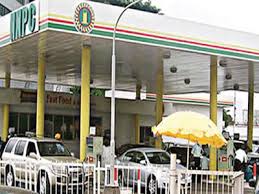The Nigerian National Petroleum Company Limited (NNPCL) has indicated its plans to start pricing crude supplies against dated Brent crude effective from 2024.
Based on a news report from Bloomberg on Monday, NNPCL plans to change how it prices its crude cargoes starting in January 2024.
A company circular mentioned by the news medium outlined that NNPCL would shift its pricing method, moving from basing prices on the average settlement of Dated Brent in the five days following loading to using the monthly average of Dated Brent, the physical-crude benchmark.
The news report further highlighted that this adjustment might introduce higher risk factors to the country’s crude supplies.
According to oil market traders mentioned in the report, this shift in pricing strategy could potentially expose the cargoes to increased volatility like the fluctuations observed in broader oil markets and might necessitate a greater reliance on hedging strategies due to the less precise timeframe that will be used for pricing the cargo.
Bloomberg reports: “NNPC plans to stick with initial nominated loading dates for pricing purposes, according to the circular. The traders said it will be more difficult to compare the price of NNPC’s shipments to Europe with cargoes from the Mediterranean and North Sea, as well as WTI Midland most of which are priced using the five-day system. That may make the nation’s barrels less competitive.”
Following several months of Nigeria’s inability to meet its OPEC quota due to pipeline vandalism and other operational headwinds in the hydrocarbon resources industry, the Federal Government is currently revving up plans to attract more upstream oil investments into the country.
Specifically, the plan has three-pronged thrusts, namely fighting crude oil theft to increase production, engaging local communities in the Niger Delta to develop the region, and provision of employment alternatives for the young population in the Niger Delta as a way to deflate crude oil theft attractiveness.




